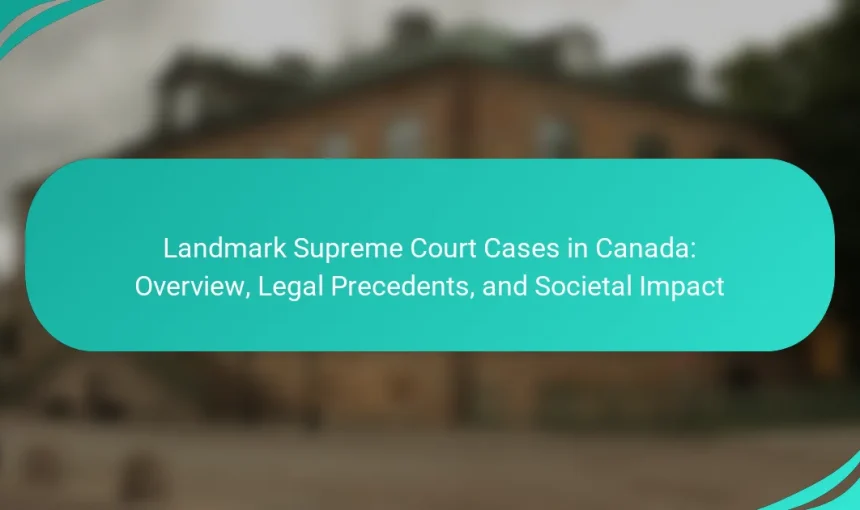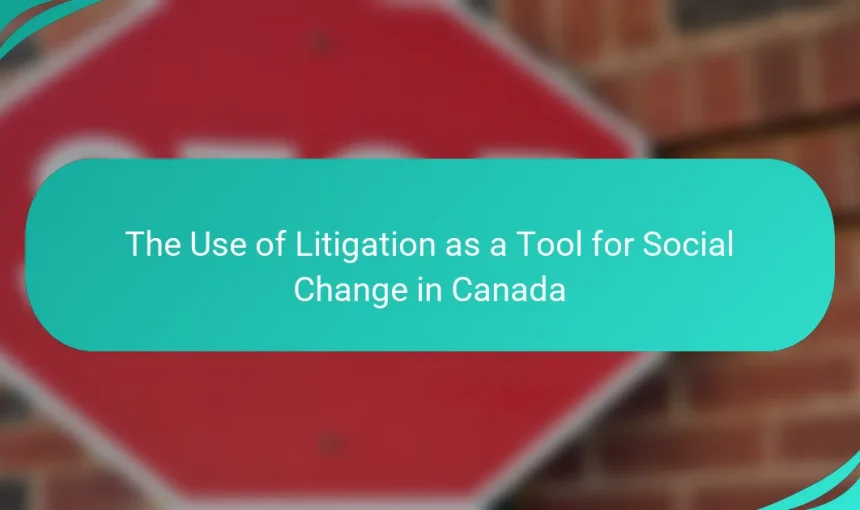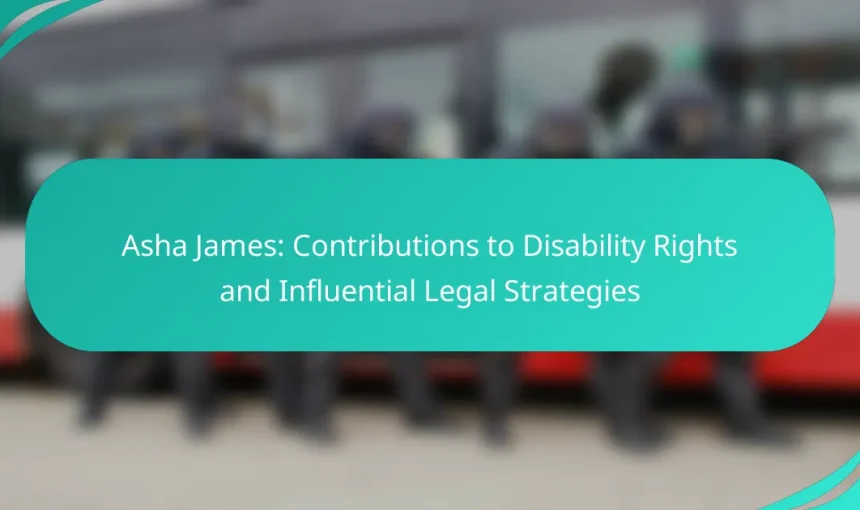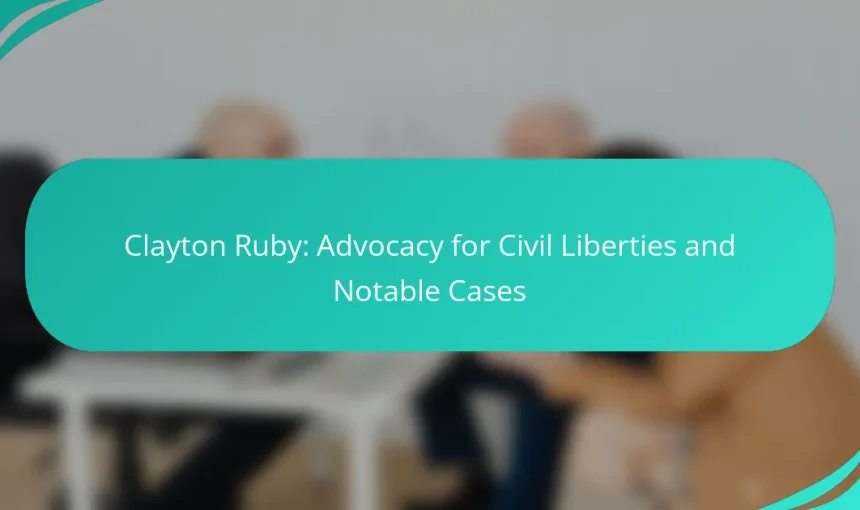What is the role of public policy in shaping Canadian legal activism? Public policy plays a crucial role in shaping Canadian legal activism. It influences the legal framework within which activists operate. Public policy determines the priorities of the government and sets the agenda for legal reforms. This can create opportunities for activists to advocate […]
What is Indigenous Rights Legislation in Canada? Indigenous Rights Legislation in Canada refers to laws that recognize and protect the rights of Indigenous peoples. This includes the Constitution Act of 1982, which acknowledges Aboriginal rights. The legislation aims to address historical injustices and promote self-determination. The Indian Act is another key piece of legislation, governing […]
What is the Role of Youth Activism in Shaping Canadian Laws? Youth activism plays a significant role in shaping Canadian laws. Young activists advocate for social change and influence policy decisions. They raise awareness on issues like climate change, education, and human rights. Their efforts often lead to public demonstrations and campaigns. These actions can […]
What is Rocco Galati’s Legal Philosophy? Rocco Galati’s legal philosophy emphasizes the importance of constitutional law and individual rights. He advocates for the rule of law as a fundamental principle in governance. Galati believes that legal systems must protect citizens from government overreach. He often critiques governmental actions that he perceives as unconstitutional. His philosophy […]
What are Landmark Supreme Court Cases in Canada? Landmark Supreme Court cases in Canada are significant legal decisions that have shaped Canadian law and society. These cases often address fundamental rights, freedoms, and constitutional issues. Notable examples include R. v. Morgentaler, which decriminalized abortion, and R. v. Oakes, establishing the Oakes test for determining the […]
Who is Joseph Arvay and what is his contribution to constitutional law? Joseph Arvay is a prominent Canadian constitutional lawyer. He has made significant contributions to constitutional law through various landmark cases. Arvay has argued pivotal cases related to civil liberties and human rights. His work has often focused on issues such as freedom of […]
What is the influence of youth activism on Canadian legal policies? Youth activism significantly influences Canadian legal policies. Young activists advocate for issues like climate change, mental health, and social justice. Their efforts often lead to increased public awareness and political pressure. For instance, the Fridays for Future movement has prompted discussions on environmental legislation. […]
What is the role of litigation in driving social change in Canada? Litigation plays a critical role in driving social change in Canada. It serves as a mechanism for individuals and groups to challenge unjust laws and practices. Through court cases, citizens can seek redress for violations of rights. Landmark cases often set precedents that […]
What are Asha James’ key contributions to disability rights? Asha James has made significant contributions to disability rights through advocacy and legal reform. She played a crucial role in drafting and promoting legislation that protects the rights of individuals with disabilities. Her work has focused on increasing accessibility in public spaces and improving educational opportunities […]
What is Clayton Ruby’s role in civil liberties advocacy? Clayton Ruby is a prominent civil liberties lawyer in Canada. He has dedicated his career to defending individual rights and freedoms. Ruby’s work includes high-profile cases involving freedom of expression and due process. He has represented clients in landmark legal battles that shaped civil rights in […]









